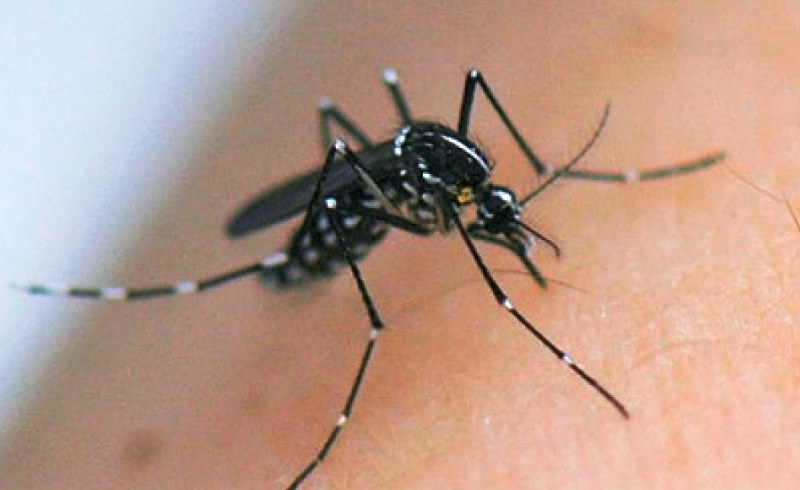The World Health Organization (WHO) has issued a global health alert over a rapidly expanding chikungunya outbreak, with the mosquito-borne virus surging across Indian Ocean islands and spreading to mainland Africa and Southeast Asia. Dr. Diana Rojas Alvarez, WHO’s arbovirus lead, warned that the current outbreak mirrors the devastating 2005-2006 epidemic, which originated in the same region before becoming a global threat. “The virus is now spreading to countries like Madagascar, Somalia, and Kenya,” she said, adding that India, Sri Lanka, and Bangladesh are also facing epidemic-level transmission.
Severe Impact in Indian Ocean, Cases Emerge in Europe
Réunion Island has been hardest hit, with over 54,000 confirmed cases this year, including 3,000 emergency visits, 578 hospitalizations, and 28 deaths. Neighboring Mauritius and Mayotte are also battling large outbreaks. Of particular concern are recent locally transmitted cases in France and Italy—where patients had no travel history—raising fears of undetected spread due to limited awareness among European healthcare providers.
What is Chikungunya?
First identified in Tanzania in 1952, chikungunya—meaning “to become contorted” in the Kimakonde language—causes severe joint pain, often leaving patients hunched over. Spread by Aedes mosquitoes (the same vectors as dengue and Zika), the disease was once confined to sporadic outbreaks in Africa and Asia. However, climate change and increased global travel have enabled its expansion, with WHO warning of potential wider transmission in non-endemic regions.
Urgent Call for Surveillance and Prevention
With no specific antiviral treatment or widely available vaccine, WHO emphasizes mosquito control and early detection as critical defenses. The organization is urging at-risk countries to strengthen surveillance and prepare healthcare systems for potential surges. As the virus continues its spread, experts warn that delayed responses could lead to larger outbreaks in unprepared regions, including parts of Europe and the Americas.


